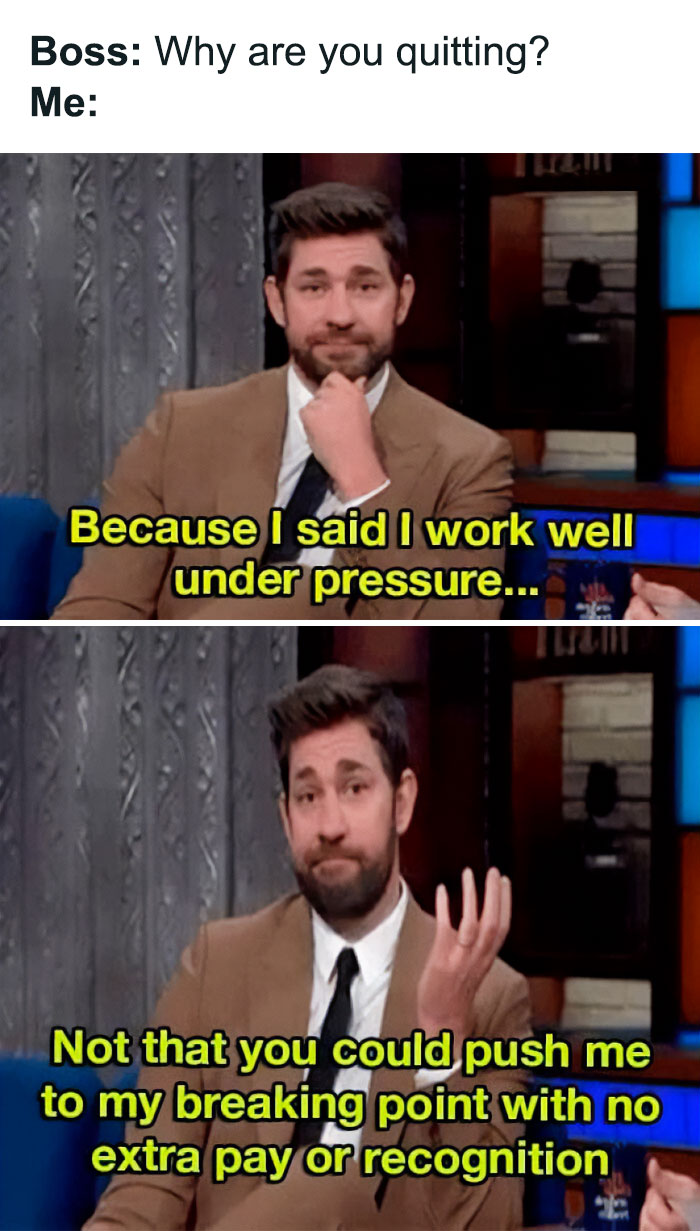Dark humor has long been a controversial yet intriguing aspect of comedy, often pushing the boundaries of what is considered acceptable. It thrives on subjects that are typically taboo or sensitive, such as death, tragedy, and misfortune. This form of humor can be polarizing, with some finding it refreshingly bold and others deeming it inappropriate. Yet, for those who appreciate its edgy nature, dark humor serves as a unique lens through which to view the world's complexities.
In this article, we delve into 15 of the darkest jokes that challenge the limits of humor. These jokes are not for the faint-hearted and require a certain level of comfort with unconventional comedy. They explore themes that may make some uncomfortable but offer a twisted perspective that can be both unsettling and amusing. Let’s take a look at how far dark humor can go while still maintaining its comedic edge.
A man wakes up in hospital. The doctor informs him, Mr. Smith, you were involved in a terrible car accident and you have been in a coma for three weeks recovering. This scenario sets the stage for many dark jokes where the unexpected twist lies in the aftermath of tragedy. Such jokes often rely on shock value and the absurdity of the situation to elicit laughter. They remind us that even in the face of dire circumstances, humor can provide a coping mechanism.
Comedians have long been known for their ability to navigate the treacherous waters of dark humor. In various performances, they've delivered punchlines so daring that they toe the line between offensive and hilarious. For instance, there are instances where comedians cracked jokes about serious topics like accidents or illnesses, only to find themselves applauded rather than booed off stage. These moments highlight the delicate balance required when employing dark humor effectively.
One might wonder why people seek out such extreme forms of comedy. The answer lies partly in human psychology; confronting difficult subjects head-on through humor can diminish their power over us. By laughing at our fears, we gain mastery over them. However, this approach doesn't resonate with everyone, making dark humor an acquired taste. Nonetheless, its appeal persists among those who appreciate its audacity.
The Art of Dark Humor
Dark humor jokes often walk a fine line between being offensive and cleverly insightful. They challenge societal norms by addressing topics usually shrouded in seriousness with a touch of wit. One example involves a person digging in their garden, reminiscing about wanting to share a peculiar event with their spouse—only to remember the reason behind their gardening activity. Such jokes use irony and morbid scenarios to create laughter from unlikely places.
This style of humor isn't new; it has roots deeply embedded in historical contexts where societies faced immense challenges. During times of war or widespread illness, people turned to dark humor as a way to lighten heavy atmospheres. Today, these jokes continue to evolve, reflecting current events and cultural shifts while maintaining their core essence—finding levity amidst despair.
While some may argue against the appropriateness of dark humor, others see it as a necessary outlet for processing difficult emotions. It allows individuals to confront their anxieties indirectly, transforming potential trauma into something manageable through laughter. As such, dark humor remains a vital component of modern comedy, albeit one that requires careful handling.
Exploring Edgy Comedy
Vishalfalnikar's collection of dark jokes on Pinterest exemplifies how enthusiasts gather and share content that resonates with their appreciation for edgy humor. Platforms like Pinterest serve as digital repositories where users curate boards filled with examples of dark jokes, each more audacious than the last. These collections not only entertain but also foster communities centered around shared interests in unconventional comedy.
Such platforms democratize access to dark humor, allowing anyone to participate in discussions about what constitutes good—or bad—taste in jokes. Through comments and interactions, participants contribute to shaping collective understandings of acceptable boundaries within this niche genre. Moreover, they inspire creativity by encouraging original contributions that push limits further.
Despite criticisms leveled against dark humor, its enduring popularity suggests that it fulfills essential roles in society beyond mere entertainment. By engaging with challenging material, audiences develop resilience and critical thinking skills necessary for navigating complex realities. Thus, exploring edgy comedy becomes an educational experience as much as an amusement-seeking endeavor.
Orphan Jokes: A Case Study
On Wattpad, user inotLevisimp666 crafted a series titled 'Dark Humor Jokes with Gh0ul,' featuring orphan jokes designed to provoke thought while eliciting chuckles. Questions like Why aren’t orphans good at poker? lead readers down paths less traveled, culminating in answers steeped in irony (Because they don't know what a 'Full house' is). These jokes playfully exploit stereotypes associated with orphans, turning perceived disadvantages into humorous insights.
By tackling sensitive subjects like childhood abandonment, these jokes aim to normalize conversations surrounding difficult issues. They encourage empathy alongside laughter, prompting reflection on societal attitudes towards marginalized groups. While controversial, such approaches demonstrate the potential of dark humor to spark meaningful dialogues beyond superficial laughs.
Engaging with orphan jokes forces listeners to confront uncomfortable truths about privilege and disadvantage. Rather than perpetuating negativity, well-crafted dark humor offers opportunities for growth by highlighting disparities in ways that resonate emotionally. Ultimately, these jokes underscore the importance of understanding diverse perspectives while appreciating the lighter side of life's struggles.

